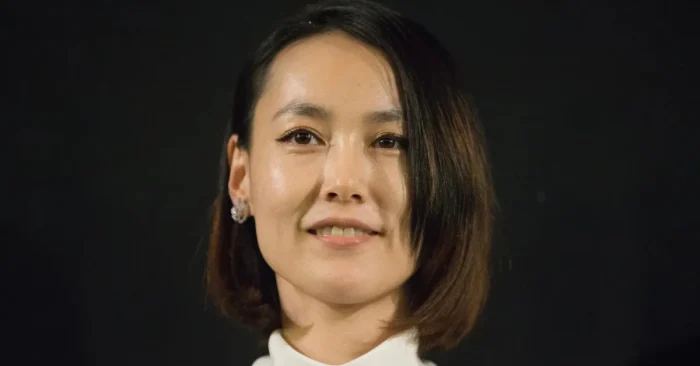Rinko Kikuchi – Biography
Early Life and Background
Rinko Kikuchi was born on January 6, 1981, in Hadano, Kanagawa, Japan. She grew up in a quiet suburban area and was drawn to storytelling and film from an early age. Without any formal acting education, she entered the entertainment industry as a teenager after being discovered by a talent agent. Her early work included appearances in Japanese television dramas and indie films. Kikuchi’s natural acting ability, expressive face, and emotional depth quickly caught the attention of directors, setting the stage for a promising career in film.
Breakthrough Role in Babel
Kikuchi rose to global prominence in 2006 with her role in Alejandro González Iñárritu’s critically acclaimed film “Babel.” She portrayed a deaf Japanese teenager struggling with grief and isolation, a role that required her to act without dialogue. Her haunting performance earned her an Academy Award nomination for Best Supporting Actress, making her the first Japanese actress to receive such recognition in nearly 50 years. This breakout role established Kikuchi as a powerful screen presence, able to convey deep emotion through silence and subtle gestures.
Career in International Film
Following “Babel,” Kikuchi appeared in both Japanese and international films. She starred in “The Brothers Bloom” (2008) alongside Rachel Weisz and Adrien Brody, and later played Mako Mori in Guillermo del Toro’s sci-fi hit “Pacific Rim” (2013), gaining a global fanbase. She also took on challenging roles in films like “Norwegian Wood” (2010), based on the novel by Haruki Murakami, and “Map of the Sounds of Tokyo” (2009). Kikuchi’s filmography showcases her versatility, as she seamlessly transitions between genres, languages, and emotional tones.
Personal Life and Interests
Rinko Kikuchi is known for being private and grounded despite her international fame. In 2014, she married Japanese actor Shōta Sometani. The couple has children, though they maintain a low public profile. Outside of acting, Kikuchi is interested in fashion and has been featured in numerous style magazines for her unique and edgy looks. However, she avoids the spotlight and prefers to let her work speak for itself. Her calm demeanor and artistic focus have made her one of Japan’s most respected and admired actresses.
Critical Recognition and Awards
In addition to her Academy Award nomination, Kikuchi has received multiple awards and nominations for her work. Her performance in “Babel” earned her honors from the National Board of Review and the Gotham Awards. In Japan, she has been celebrated for her roles in both commercial and art-house cinema. Critics praise her for her courage in taking on unconventional roles and her commitment to characters that challenge traditional norms. She remains one of the few Japanese actresses to achieve lasting success both at home and internationally.
Legacy and Cultural Impact
Rinko Kikuchi’s career has helped open doors for Asian actors in global cinema. Her success in non-speaking roles and English-language films broke barriers and set a precedent for more diverse casting in Hollywood. By balancing roles in major blockbusters with independent films, she’s shown that authenticity and range can coexist in one career. She continues to be an inspiration for young actors worldwide, especially in Japan, proving that talent and dedication can transcend borders and languages in the world of film.
Frequently Asked Questions (FAQs)
What is Rinko Kikuchi famous for?
She is best known for her Oscar-nominated performance in “Babel” and for playing Mako Mori in “Pacific Rim.”
Did she win an Academy Award?
No, she was nominated for Best Supporting Actress for her role in “Babel” in 2007 but did not win.
Is Rinko Kikuchi married?
Yes, she married Japanese actor Shōta Sometani in 2014. They have children together.
What languages does she act in?
She primarily acts in Japanese but has also performed in English and Spanish-language films.
What was her breakthrough film?
Her international breakthrough came in 2006 with the film “Babel,” directed by Alejandro González Iñárritu.






